Search
Search within
1447 results found
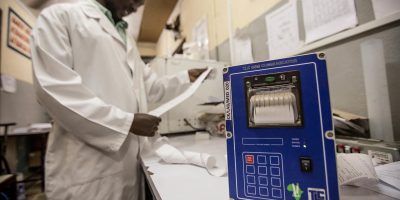
Briefing
Swine Flu: What Went Wrong?
Although the H1N1 ‘swine flu’ pandemic of 2009-10 was less severe than anticipated, the event revealed weaknesses in the world’s current configuration of planning for and responding to pandemic influenza, according to new research outlined in this briefing. Science, public…
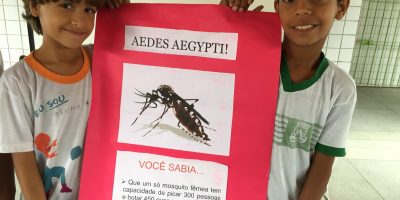
Briefing
Evidence review
Zoonoses From Panic to Planning
This Rapid Response briefing from the Dynamic Drivers of Disease in Africa Consortium sets out recommendations for a new, integrated ‘One Health’ approach to zoonoses that moves away from top-down disease-focused intervention to putting people first.Over two thirds of all…
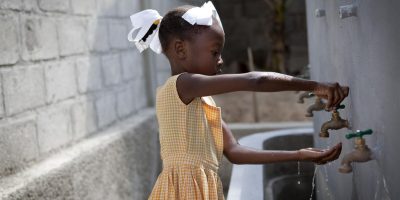
Background report
Environmental Determinants of Cholera Outbreaks in Inland Africa: A Systematic Review of Main Transmission Foci and Propagation Routes
Cholera is generally regarded as the prototypical waterborne and environmental disease. In Africa, available studies are scarce, and the relevance of this disease paradigm is questionable. Cholera outbreaks have been repeatedly reported far from the coasts: from 2009 through 2011,…
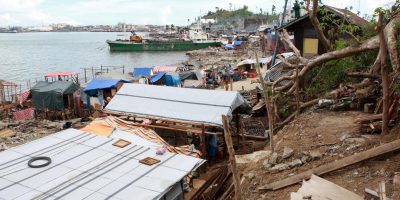
Background report
Interaction between Climatic, Environmental, and Demographic Factors on Cholera Outbreaks in Kenya
Cholera remains an important public health concern in developing countries including Kenya where 11,769 cases and 274 deaths were reported in 2009 according to the World Health Organization (WHO). This ecological study investigates the impact of various climatic, environmental, and…
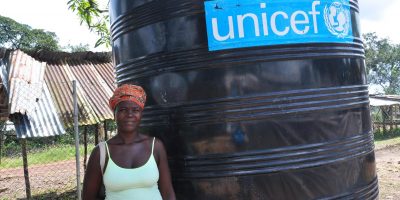
Futures thinking
Scenarios for the South African water sector in 2025
A paper reporting on a project to build knowledge about key drivers and uncertainties related to the future of the South African water sector.
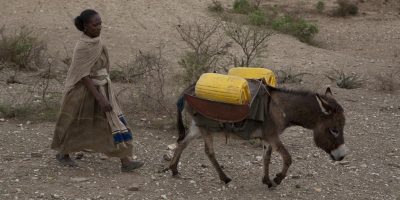
Evidence review
Potential Impact of Climate Change on Livestock Production and Health in East Africa: A Review
Agriculture and livestock are amongst the most climate sensitive economic sectors in the developing countries whilst the rural poor communities are more vulnerable to the adverse effects of climate change. Climate change is real and is happening now. Current knowledge…
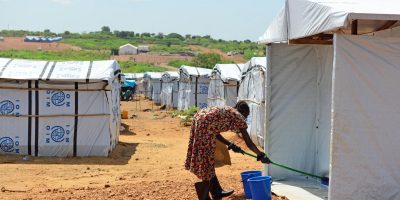
Futures thinking
Humanitarian trends in Southern Africa: challenges and opportunities
This report gives the findings of field research, secondary data analysis and detailed interrogation of humanitarian emergencies, and proposes six broad clusters of potential threats.
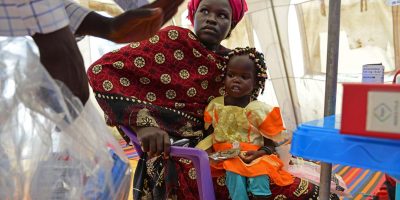
Briefing
Impact of Aid for Health and Education on Gender Equity and Human Development
Initial high human development index scores and per capita income have a strong impact on the outcomes of aid to the health and education sectors.An increase in the share of the government budget allocated to education and health improves overall…
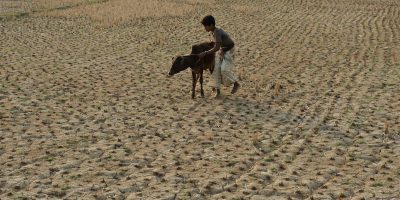
Briefing
Famine in Somalia and the Failure of Data-Driven Humanitarianism
Andrew Seal and Rob Bailey discuss the limitations of data-driven humanitarian efforts, and the lessons learned from the 2011 Somalia famine.
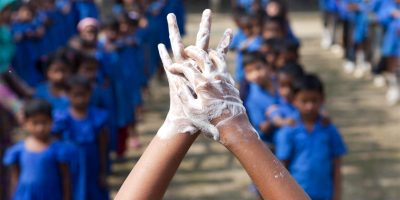
Evidence review
Knowledge Management in Practice – Implementing Effective Knowledge Management in Emergencies: A Case Study from Somalia WASH Cluster
In the last two decades few countries have experienced a more protracted emergency than Somalia. Absence of a functioning central government and the ongoing conflict have led to a lack of access to basic social services, resulting in the country…
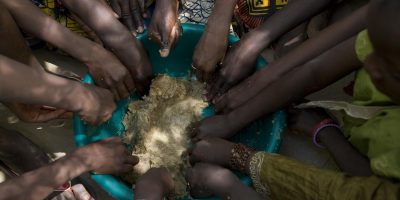
Evidence review
Nutrition Interventions for Older People in Emergencies
In emergency situations, older people may find it hard to access food. For example, when they are displaced, older people may face difficulties in registering for the general food rations, meet challenges in accessing food distributions and difficulties transporting the…
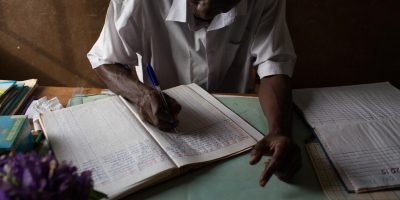
Evidence review
Antibiotic Prescribing in DR Congo: a Knowledge, Attitude and Practice Survey among Medical Doctors and Students
Antibiotic resistance (ABR) particularly hits resource poor countries, and is fuelled by irrational antibiotic (AB) prescribing. The authors surveyed knowledge, attitudes and practices of AB prescribing among medical students and doctors in Kisangani, DR Congo. This data shows the need for…


